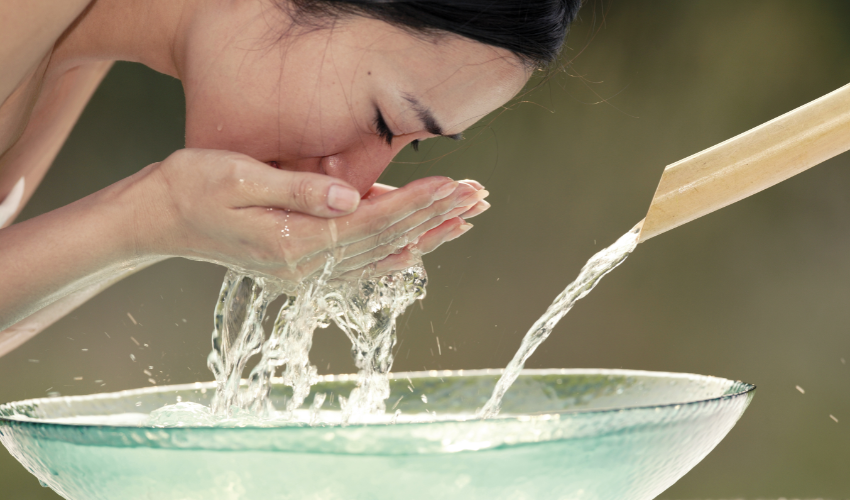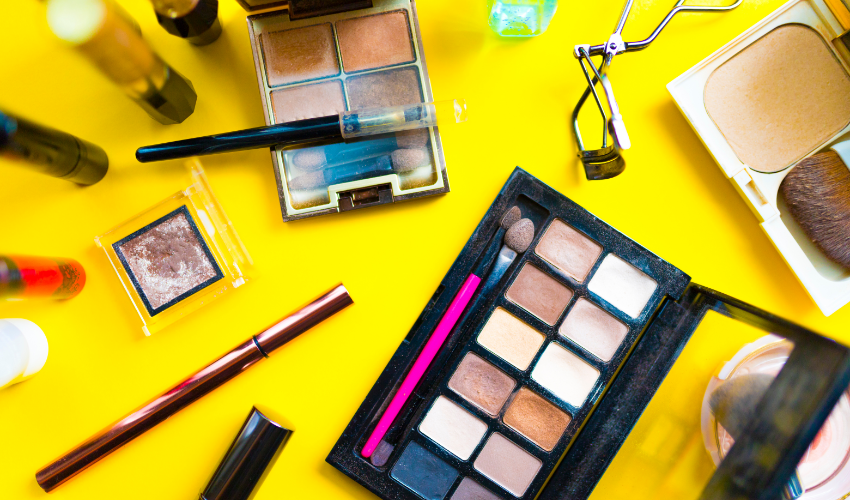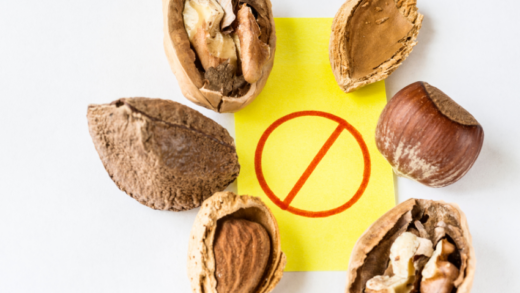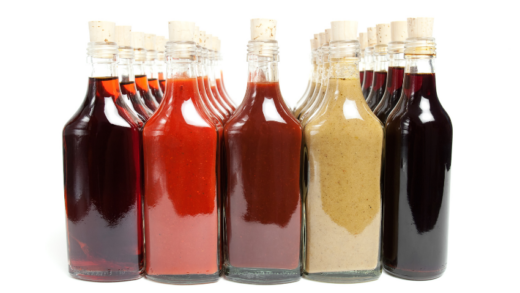Oily skin can be a real challenge, making it difficult to keep your face looking fresh and shine-free. While oily skin can be frustrating, there are simple ways to control it. In this article, we’ll share tips on how to control oily skin, from identifying your skin type to building a skincare routine that works for you.
Understanding Your Skin Type
Before diving into tips on how to control oily skin, it’s important to understand your skin type. People with oily skin typically have larger pores, a shiny T-zone (forehead, nose, and chin), and a tendency to develop blackheads and whiteheads. If you’re not sure what your skin type is, you can use a simple at-home test by washing your face with a gentle cleanser and waiting an hour to see if any oil appears on your skin.
Use the Right Cleanser

One of the most important steps in controlling oily skin is to use the right cleanser. Look for a gentle, oil-free cleanser that is specifically designed for oily skin. Avoid using hot water, as this can strip your skin of its natural oils and cause it to produce even more oil.
Use a Toner
A toner can help control oil production by removing excess oil and debris from your skin. Look for a toner that contains salicylic acid, which can help unclog pores and prevent breakouts. You can also use witch hazel, which is a natural astringent that can help tighten your pores.
Moisturize
It may seem counterintuitive, but moisturizing is important for controlling oily skin. When your skin is dehydrated, it can actually produce more oil to compensate. Look for a lightweight, oil-free moisturizer that won’t clog your pores. You can also try using a gel-based moisturizer, which can be more easily absorbed by your skin.
Makeup Tips for Oily Skin

If you have oily skin, it’s important to choose the right makeup products to avoid clogging your pores and exacerbating oil production.
Choose Oil-Free Makeup
When choosing makeup, look for products that are oil-free and non-comedogenic (meaning they won’t clog your pores). Avoid heavy, cream-based foundations and opt for a lightweight, oil-free formula instead.
Use Blotting Papers
Blotting papers are a lifesaver for those with oily skin. Keep a pack in your purse or desk and use them throughout the day to absorb excess oil and shine.
Set Your Makeup
To help your makeup stay in place and prevent excess oil production, use a setting spray or powder. Look for a product that is specifically designed for oily skin to ensure it won’t clog your pores.
FAQs
Can oily skin be genetic?
Yes, oily skin can be genetic. If your parents or siblings have oily skin, you may be more likely to have it too.
How often should I wash my face if I have oily skin?
It’s important to wash your face twice a day if you have oily skin. Washing too frequently can actually strip your skin of its natural oils and cause it to produce even more oil.
Can oily skin cause acne?
Yes, oily skin can lead to acne. When excess oil and debris accumulate on your skin, it can clog your pores and lead to breakouts.
Should I avoid using moisturizer if I have oily skin?
No, moisturizing is important for all skin types, including oily skin. Look for a lightweight, oil-free moisturizer that won’t clog your pores.
Are there any natural remedies to control oily skin?
Yes, there are several natural remedies that can help control oily skin. These include using witch hazel, tea tree oil, and aloe vera, which have natural astringent properties that can help tighten pores and reduce oil production.
Conclusion
Controlling oily skin can be a challenge, but it’s not impossible. By understanding your skin type and using the right skincare products and makeup, you can keep your skin looking fresh and shine-free all day long. Remember to wash your face twice a day, use a toner and moisturizer, and choose makeup products that are oil-free and non-comedogenic. With a little effort, you can achieve a healthy, balanced complexion that looks and feels great.






















